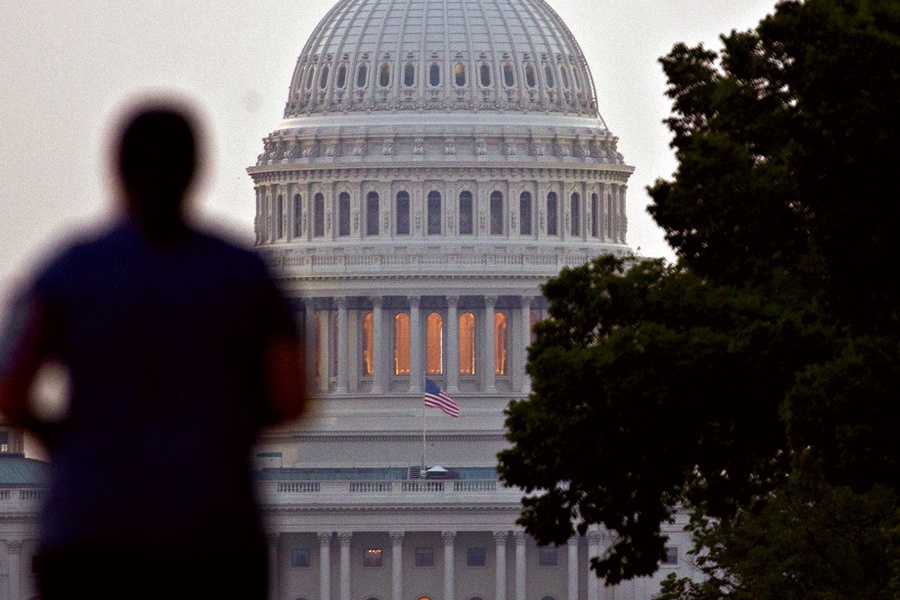Hundreds of small broker-dealers are urging lawmakers to support legislation that would ease their annual auditing costs.
In a
July 9 letter to House Financial Services Committee chairman Jeb Hensarling, R-Tex., and ranking member Maxine Waters, D-Calif., 803 small brokerages touted the
Small Business Audit Correction Act.
The bill would exempt private brokers who do not custody client funds and are in good standing with securities regulators from having to use an auditor registered with the Public Company Accounting Oversight Board — created by the Sarbanes-Oxley Act of 2002 — for their annual reviews. The Dodd-Frank financial reform law of 2010 expanded the PCAOB's inspection authority to include broker-dealer audits.
Instead, the specified brokers could return to conducting annual audits with a firm that follows generally accepted auditing standards created by the American Institute of Certified Public Accountants.
The PCAOB audits — imposed in the wake of Enron and other public accounting scandals — have raised annual broker audit fees from about $9,000 to about $17,000, adding significant compliance costs, the brokers asserted in their July 9 letter.
The legislation was
scheduled for a vote by the committee Wednesday, but was pulled off the agenda because supporters sought more Democratic backing beyond Rep. Vicente Gonzalez, D-Texas, who is a co-author of the bill with Rep. French Hill, R-Ark.
"It is so important to the small firms that this be a bipartisan bill because Main Street is bipartisan and we need some more time with our Democrats so they can see that our bill is narrowly focused and presents no systemic risk to the markets or investing public," Paige Pierce, senior vice president of Larimer Capital Corp. and leader of the effort to pass the bill, wrote in an email.
Some of the concerns lawmakers have raised about the measure were highlighted in
a letter to the committee Wednesday from the Consumer Federation of America and Americans for Financial Reform.
The groups said the legislation is unnecessary because the PCAOB already has the authority to exempt small broker-dealers from using PCAOB-registered firms. They also expressed misgivings about the scope of the measure, which would include brokers with fewer than 150 employees, and the definition it uses for good standing.
"It endangers investors because it does not include adequate protections and because smaller brokers are hardly immune to accounting abuses or other forms of malfeasance that may endanger investors," the groups wrote in their letter. "In short, [the bill] would exempt many of the kinds of firms for which the auditing requirement was originally imposed."
(Editorial: Independence of auditors critical when easing broker regulations)
In their letter, the small brokerages said the PCAOB and the Securities and Exchange Commission, which oversees the auditing body, are bound by statute to require small brokers to use PCAOB-registered auditors.
They emphasized that they are not public companies and shouldn't be subject to public company auditing standards. They also asserted that the bill would not reduce oversight of small brokers.
"The eligible small nonpublic companies contemplated [in the bill] do not carry customer funds or securities and are, at all times, subject to required regulatory monthly, quarterly and annual financial reporting obligations," the letter states.
When Mr. Hill outlined the bill to SEC chairman Jay Clayton at a
June 21 committee hearing, Mr. Clayton said he can support the legislation because the small brokers it targets don't have custody of client funds.
"I like the criteria that you cited in terms of who we're talking about," Mr. Clayton said. "That's a distinction that's a very important one."
The backers of the legislation hope to get a committee vote later this month. Companion legislation has been introduced in the Senate by Sens. Tom Cotton, R-Ark., and Doug Jones, D-Ala.







